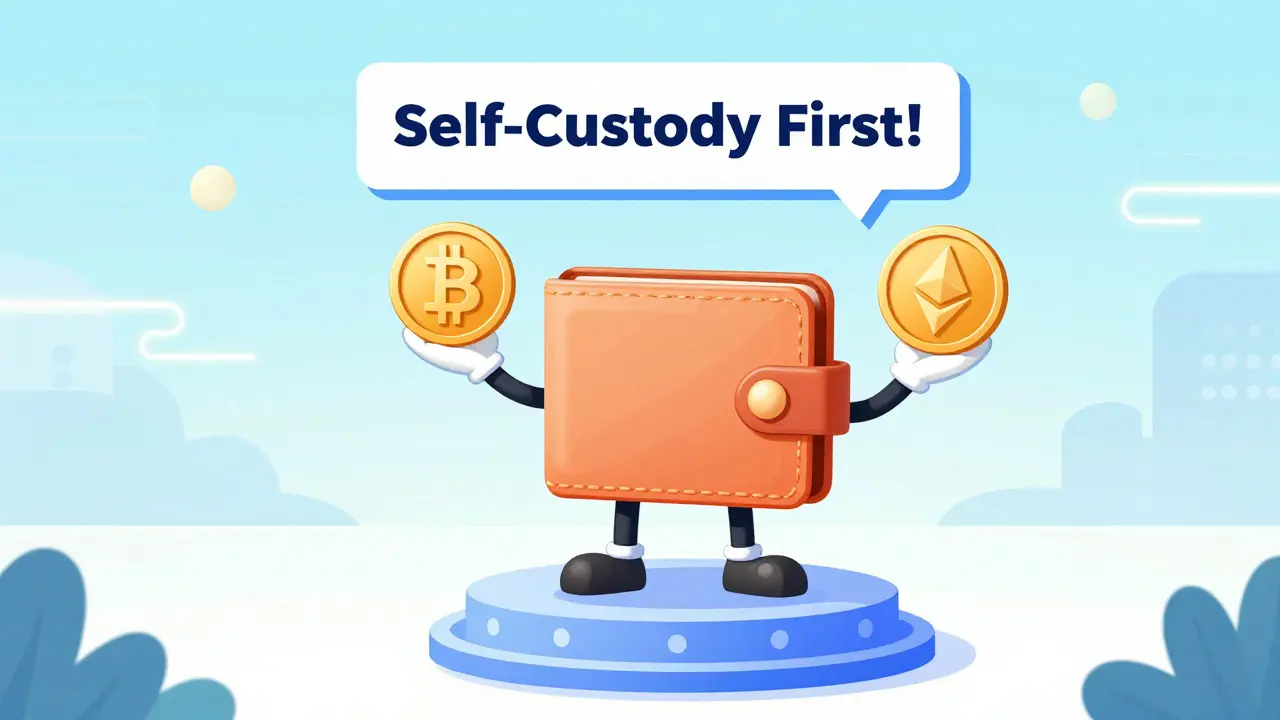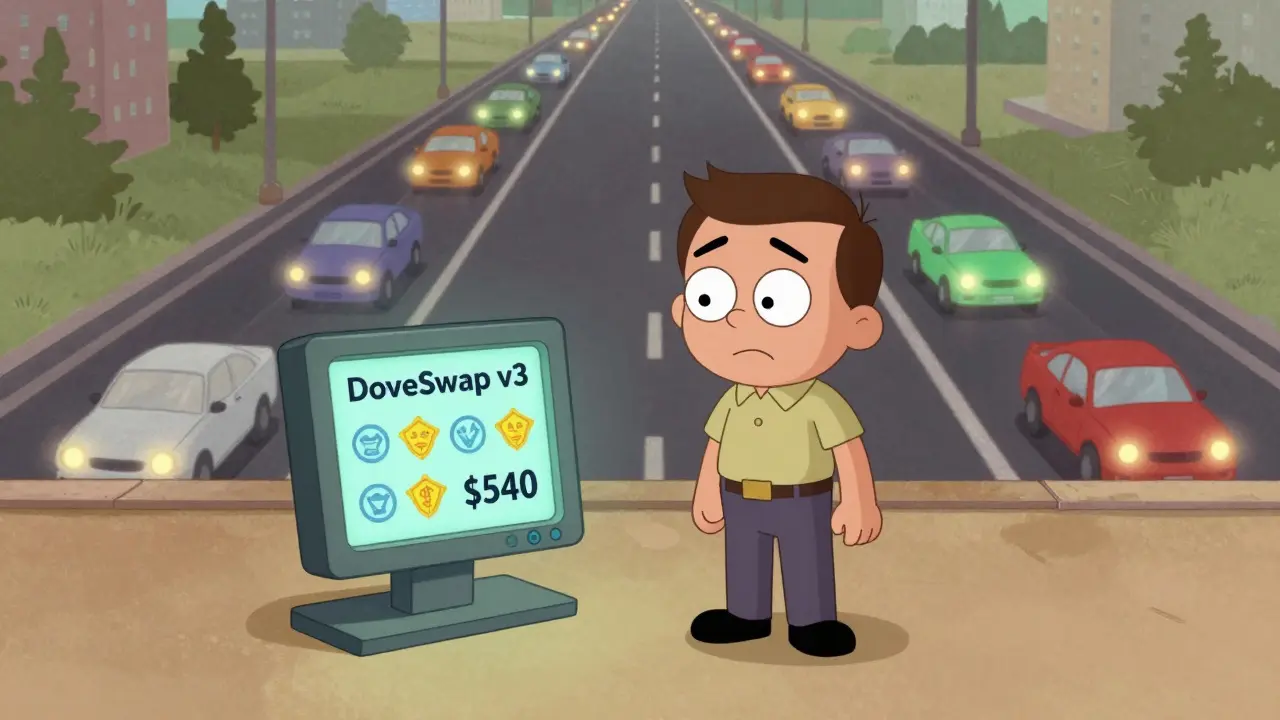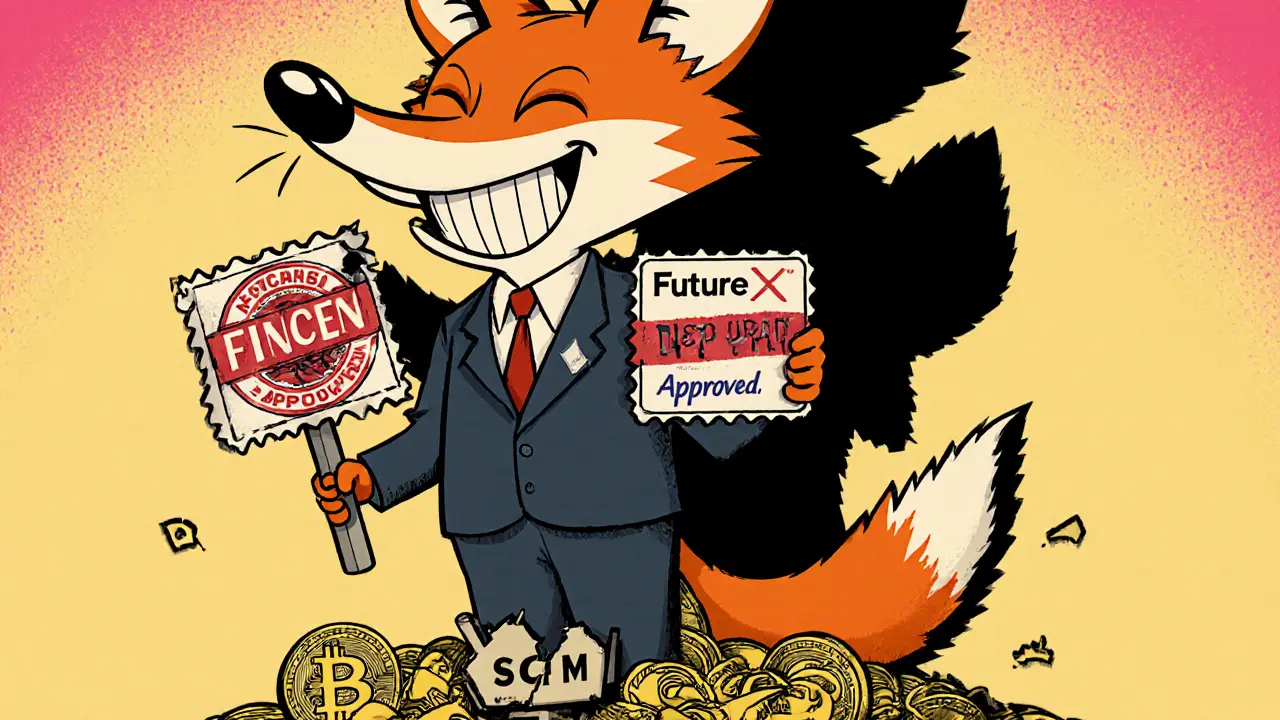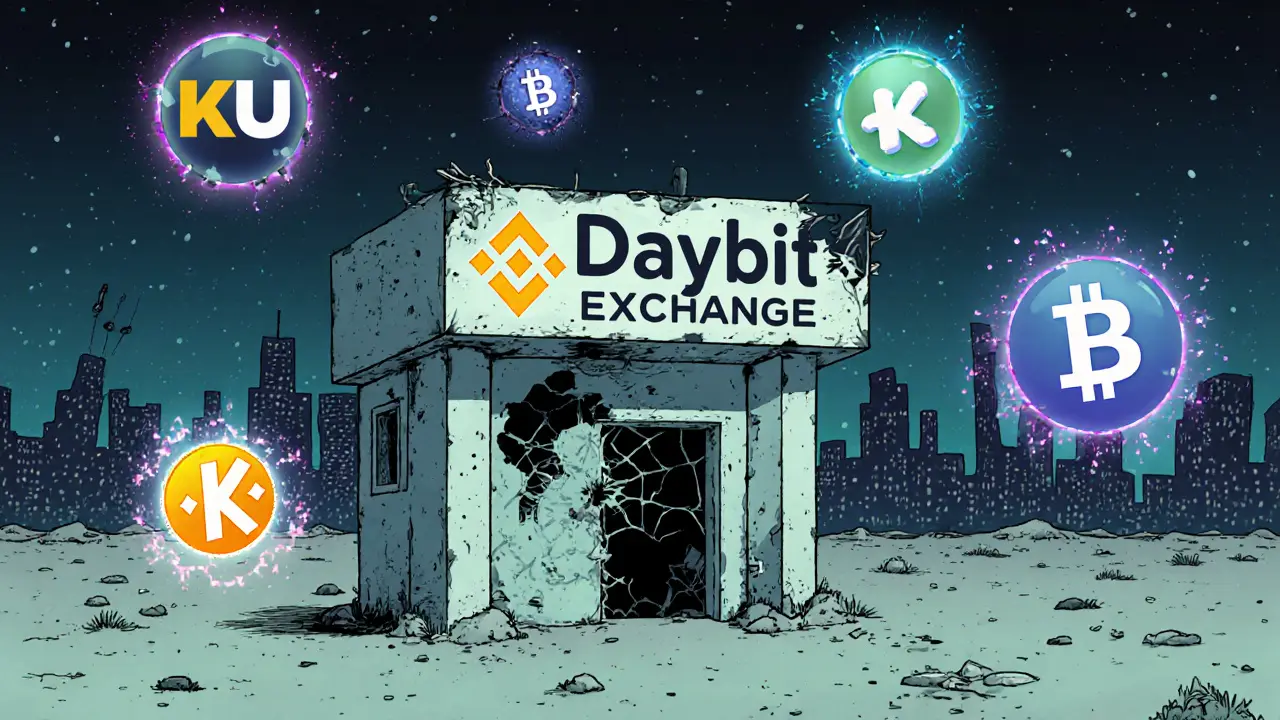Crypto Exchange: What They Are, How They Work, and Which Ones Actually Matter
When you buy or sell cryptocurrency, you’re using a crypto exchange, a platform that lets you trade digital assets like Bitcoin, Ethereum, or meme coins. Also known as a crypto trading platform, it’s the bridge between your wallet and the market—whether you’re swapping tokens, cashing out profits, or just testing the waters. But not all exchanges are built the same. Some are giant, regulated names like Coinbase. Others are tiny, unregulated platforms that vanish overnight. And then there are decentralized exchanges—no middleman, no KYC, just code running on a blockchain.
The difference matters because your money is on the line. A decentralized exchange, a peer-to-peer trading system that runs on smart contracts without holding your funds. Also known as a DEX, it gives you control but demands more skill. Think Tokenlon or SundaeSwap: you trade directly from your wallet, but if the liquidity is low, your trade might fail or cost you more in slippage. Meanwhile, centralized exchanges like the ones in Nigeria or Vietnam often bypass banking bans using P2P systems—traders there rely on no-KYC exchange, a platform that doesn’t ask for ID, making it useful where banks block crypto. Also known as a anonymous crypto platform, it’s a lifeline in places like Tunisia or Iran. But that anonymity comes with risk. Fake exchanges like QB or Ostable look real, but they’re scams built on hype, not infrastructure.
Regulation shapes everything. In India, every trade triggers a 1% tax deduction. In Vietnam, a 0.1% fee hits every swap—even if you lose money. The UAE’s removal from the FATF greylist made it a magnet for legit exchanges. Meanwhile, the U.S. hits expats with exit taxes on crypto holdings. These rules don’t just change your wallet—they change which exchange you can even use.
So what’s real? What’s risky? And what’s just noise? Below, you’ll find honest reviews of platforms that actually work—like Merchant Moe’s zero-fee swaps on Mantle, DODO’s smart trading on BSC, and VOOX’s questionable AI claims. You’ll also see warnings about dead coins, fake airdrops, and exchanges that don’t exist. No fluff. No hype. Just what you need to know before you click "Buy".

MistSwap Crypto Exchange Review: What You Need to Know in 2026
MistSwap is a decentralized crypto exchange with multi-chain support but lacks transparency, audits, and user reviews. Learn what it offers, its risks, and whether it's worth using in 2026.

Blockchain.com Crypto Exchange Review: What You Need to Know in 2026
Blockchain.com offers a secure, wallet-first crypto exchange for beginners. With over 37 million users and $1 trillion in transactions, it's trusted for holding Bitcoin and Ethereum. But slow KYC and limited trading tools make it less ideal for active traders.

DoveSwap v3 Crypto Exchange Review: Is It Worth Using in 2025?
DoveSwap v3 is a barely-used decentralized exchange on Polygon zkEVM with almost no liquidity, no audits, and zero community. Avoid it for any serious trading.

Binance Liquid Swap Crypto Exchange Review: Safe, Simple Swaps with Low Fees
Binance Liquid Swap offers simple, low-fee crypto swaps and passive earnings through liquidity pools. Safe, centralized, and easy to use-perfect for beginners and casual traders who want DeFi benefits without the complexity.

FutureX Pro Crypto Exchange Review: Red Flags and Scam Warning
FutureX Pro claims to be a secure, FinCEN-approved crypto exchange with no KYC-but it's a scam. No verified reviews, no security proof, and impossible regulatory claims make this platform extremely dangerous. Avoid it at all costs.

Daybit Exchange Crypto Exchange Review: Is It Worth Using in 2025?
Daybit Exchange is an untracked crypto platform with high fees, no credit card support, and zero user reviews. In 2025, it offers no advantages over established exchanges and should be avoided.
© 2026. All rights reserved.